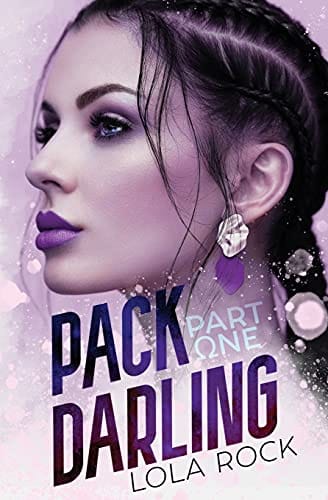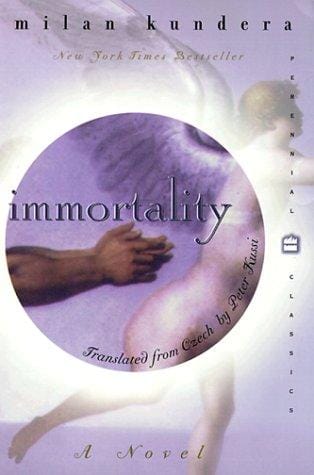If I Stay: Themes, Characters, and Enduring Impact
Explore the plot, themes, and emotional impact of Gayle Forman's If I Stay, and learn why Mia Hall's life-or-death decision continues to captivate readers.

Introduction to "If I Stay"
Gayle Forman’s 2009 young-adult novel "If I Stay" and its 2014 film adaptation have secured a permanent place in contemporary pop culture. Blending a heart-wrenching premise with lyrical prose, the story follows seventeen-year-old cello prodigy Mia Hall, whose life is forever altered by a devastating car accident. Hovering between life and death, Mia must decide whether to stay with the living or let go. This article explores the plot, major themes, characters, narrative style, and the reasons this tale continues to resonate with audiences worldwide.
Concise Plot Summary
The novel opens on a snowy Oregon morning as Mia, her younger brother Teddy, and her loving, music-obsessed parents set off to visit friends. In an instant, black ice sends their car into the path of an oncoming truck. Mia awakens outside her body, witnessing paramedics struggle to save what remains of her family. The remainder of the story unfolds over a single, harrowing day in the intensive-care unit. Interwoven flashbacks reveal Mia’s relationships, aspirations, and insecurities while her comatose body clings to life. Ultimately, Mia must choose: follow her family into death or return to a world forever changed.
Themes of Life, Death, and Choice
At its core, "If I Stay" is a meditation on the fragility of life and the agency of personal choice. Forman refuses to reduce Mia to a passive victim; instead, she positions the teenager as an autonomous decision-maker even when physically incapacitated. Readers confront uncomfortable questions: What makes life worth living? Is survival enough when loved ones are gone? By refusing easy answers, the novel invites profound reflection on mortality and resilience.
The Transformative Power of Music
Music forms the connective tissue binding every character. Mia’s classical cello performances contrast sharply with her parents’ punk-rock roots and boyfriend Adam’s rising indie-rock stardom. These divergent genres underscore generational gaps while simultaneously uniting the family through shared passion. Forman’s detailed descriptions of concerts, rehearsals, and jam sessions illustrate how music transcends tragedy, offering solace and identity when words fail.
Family Bonds That Defy Tragedy
Mia is anchored by an unconventional yet deeply supportive family. Her father, a former rock drummer turned English teacher, and her mother, a vibrant ex-riot-grrrl, encourage artistic exploration without judgment. Flashbacks highlight dinners full of humor, spirited debates, and spontaneous living-room concerts. Their authenticity makes their loss even more painful, amplifying the stakes of Mia’s decision. The story celebrates imperfect but unconditional love, reminding readers that family is created through shared experiences as much as blood ties.
A Love Story Beyond Cliché
While "If I Stay" contains a romantic subplot, it avoids the tropes often found in YA fiction. Adam is neither brooding predator nor flawless knight; he is a dedicated guitarist navigating gig schedules, industry pressures, and genuine concern for Mia’s future at Juilliard. Their relationship is nuanced, depicting compromise, jealousy, and mutual admiration. Adam’s desperate hospital vigil, punctuated by a private concert in Mia’s ICU room, becomes the emotional crescendo urging her toward life.
Narrative Structure and Point of View
The novel’s nonlinear structure alternates between present-tense, out-of-body observation and past-tense flashbacks. This dual timeline sustains suspense—will Mia choose to stay?—while giving readers a full portrait of what she stands to lose or regain. The limited, first-person perspective intensifies intimacy; we see the world literally through Mia’s eyes, heightening both her helplessness and determination.
The Film Adaptation: Page to Screen
Directed by R.J. Cutler and starring Chloë Grace Moretz, the 2014 film translates the novel’s introspective tone into visual storytelling. The soundtrack, featuring cello performances by Alisa Weilerstein and original songs by Willamette Stone, amplifies the narrative’s musical heartbeat. While some subplots are streamlined, the adaptation retains the essential moral dilemma and emotional punch, making it accessible to viewers who may not gravitate toward the book.
Why the Story Resonates with Young Adults
Teen readers often stand on the precipice of major life decisions—college, relationships, identity formation. "If I Stay" externalizes these anxieties through Mia’s literal life-or-death choice. The novel validates teenage emotions, neither trivializing first love nor romanticizing tragedy. Its honest portrayal of grief, ambition, and self-discovery offers catharsis and guidance, explaining its enduring popularity in schools and book clubs.
Conclusion: A Tale That Asks Us All to Choose
More than a tear-jerker, "If I Stay" challenges readers to examine what truly anchors them to life—family, art, love, or personal ambition. Whether encountered on the page or screen, Mia Hall’s journey endures because it mirrors our universal fear of loss and our stubborn hope for renewal. Few stories manage to be so heartbreaking yet life-affirming, making "If I Stay" an essential read for anyone curious about the power of choice in defining destiny.



